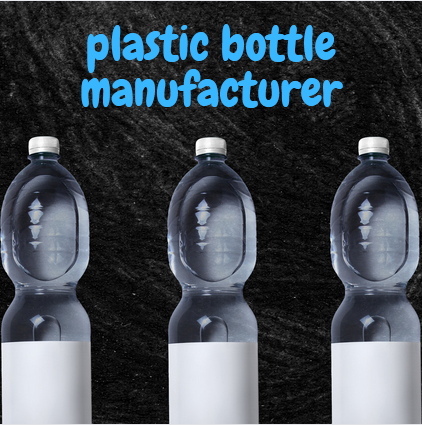Plastic bottles are the biggest source of pollution in the world. They litter the landscape, reduce beauty and increase waste. One solution is to recycle plastic bottles into yarn and fabric. This is achieved by sizing and washing the plastic bottles to make them small pellets.
Recyclable
Plastic bottles can be recycled, which reduces the amount of waste that goes into landfills. It also creates jobs for people who collect plastic bottles and work at places that turn them into new materials. The plastic bottles that we use every day are usually made from polyethylene, polypropylene or polyethylene terephthalate (PET). These are sorted into specific recycling streams and then processed into plastic pellets in shredding machines.
These pellets are then sold to companies that can make them into a variety of products. They can be molded into different shapes or extruded into clothes, rugs, and other things. In Pakistan, we have 20 plastic recycling plants that process plastic waste into new materials. Learn more about them here.
The country produces over 50,438 tons of municipal solid waste (MSW), which includes about 18 percent plastic. Environmentalists say this is a serious issue, particularly because the country lacks a reliable waste management system.
Biodegradable
Every year in Pakistan, 55 billion plastic bottles are used, of which nine percent find their way into the environment. This non-biodegradable waste largely finds its way to open garbage sinks, landfill sites or municipal sewers choking sewage disposal systems and causing water pollution.
This problem is made worse by current urban waste management practices. They focus on picking waste from communal bins and disposing it in urban fringes without segregation, material recovery or recycling. They also don’t make communities act responsibly.
This is why biodegradable plastics, such as PET and LDPE, should be the first option for replacing single-use non-biodegradable plastic bottles. These biodegradable bottles can break down into smaller pieces and release CO2 during their lifetime.
Reusable
Plastic bottles are an important part of the food and beverage packaging supply chain. They help ensure the safety and quality of products, and can also help keep them fresh.
In the past decade, consumers have become increasingly concerned with their environmental impact and demand for plastic bottles has increased. In fact, the demand for single-use plastics is expected to reach half a trillion by 2021.
This is a major concern for environmentalists and campaigners. According to Biofriendly Planet, the production of single-use plastic releases 2.5 million tons of carbon dioxide into the atmosphere every year.
But plastics can be recycled if they are collected. PepsiCo has partnered with Novatel Limited to develop trials of recycling used plastic bottles in Pakistan. These trials aim to significantly scale up the collection of used bottles and commercialize bottle made from recycled plastics.
Economical
Plastic bottles are a convenient and inexpensive option for storing water and other beverages, but they also pose a significant environmental challenge. A large quantity of these bottles end up in landfills, mismanaged dumpsites or strewn across the land and sea.
In Pakistan, plastic waste has been found to be a major contributor to pollution and littering of beaches, land and water bodies. The micro particles of wholesale plastic in the sand pollute and disrupt marine life and biodiversity.
However, there are solutions to this challenge, such as recycled PET. In a move to help the country build a circular economy, PepsiCo in partnership with Novatel Limited is introducing 2.25-liter plastic bottles made of recycled PET to Pakistani markets.
This is in line with PepsiCo's global vision for a World without Waste and its pep+ sustainability goals. This initiative will contribute to reducing pollution from marine sources and support the development of a plastics recycling industry in Pakistan.

